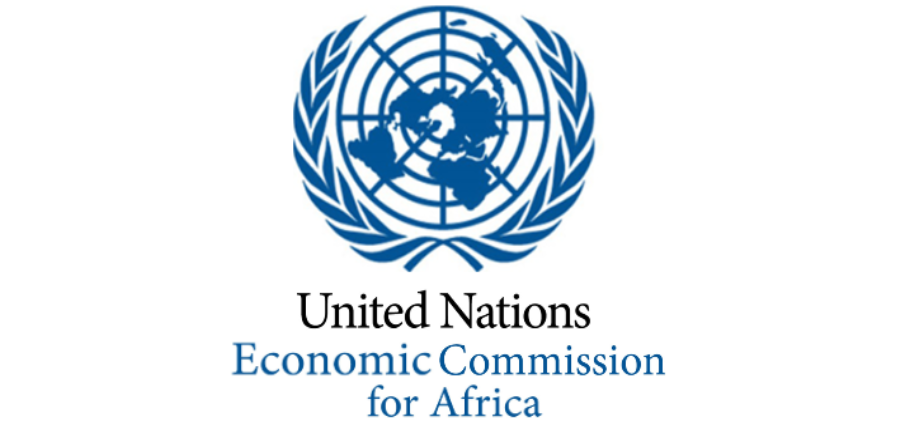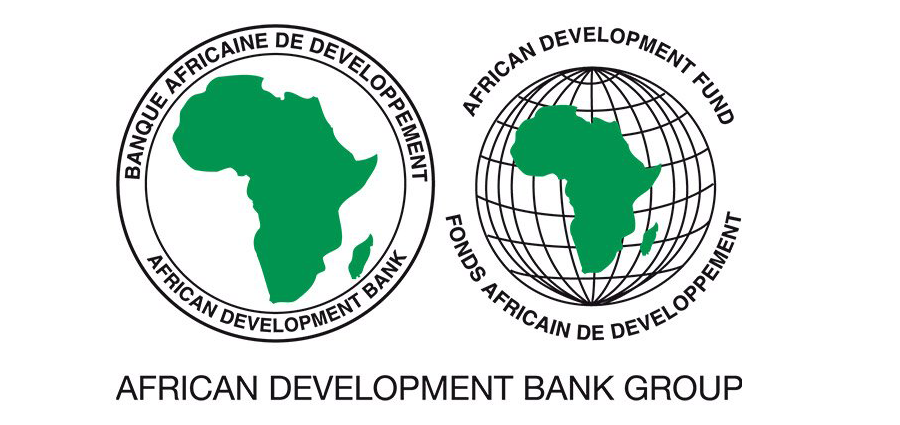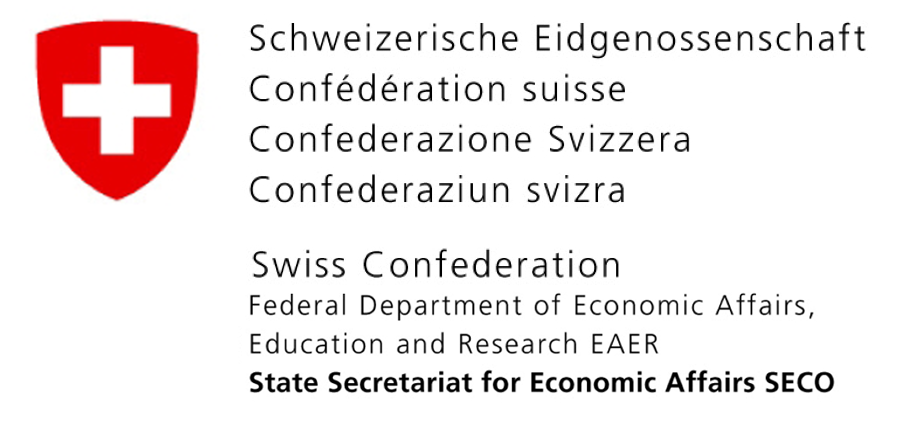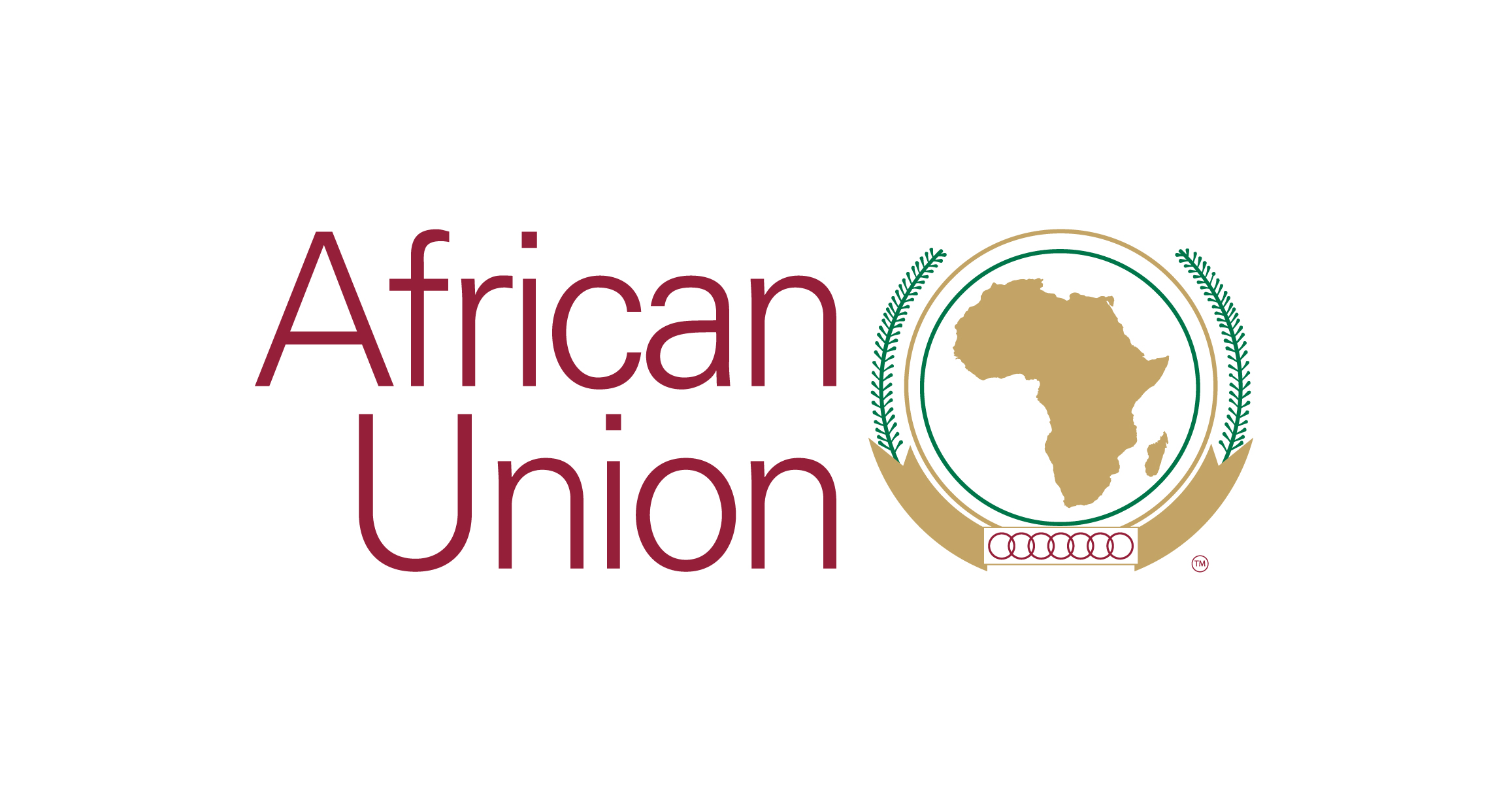Urban Transport Services in Sub-Saharan Africa -- Improving Vehicles Operations
The report presents findings, and the way forward in respect of the Knowledge and Research (KAR) Project on vehicle operations in Sub-Saharan Africa, basically undertaken in Uganda and Ghana. In the first phase, the study identified problems faced by transport operators in both countries, and analyzed their impact on vehicle operating costs, as well as examining transport regulations, and current organization of transport services and their impact on vehicle utilization.







